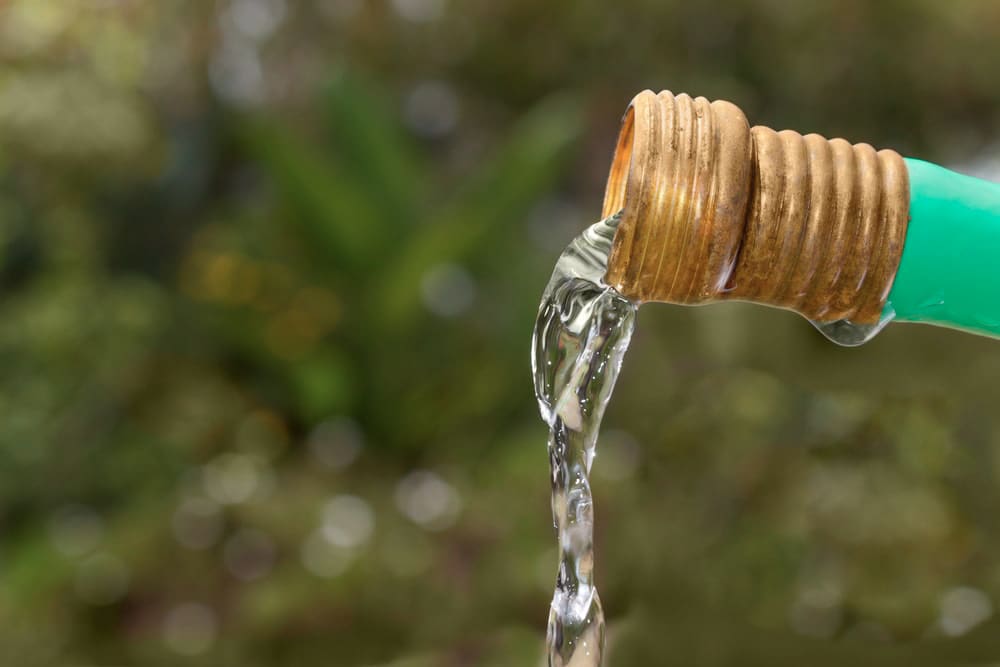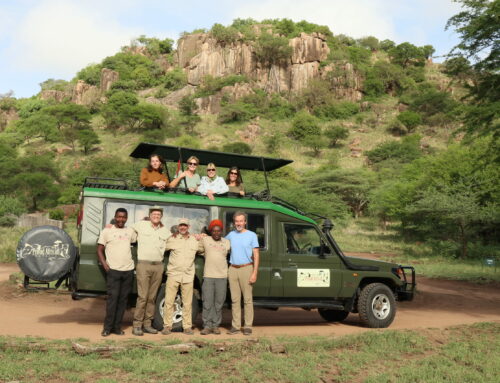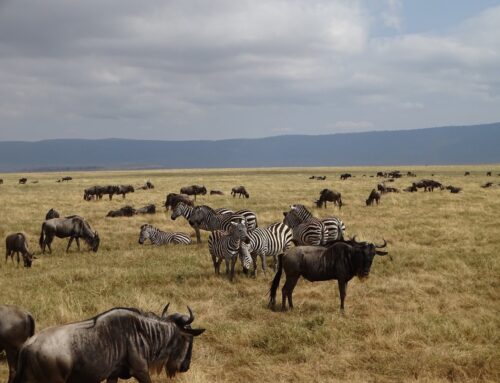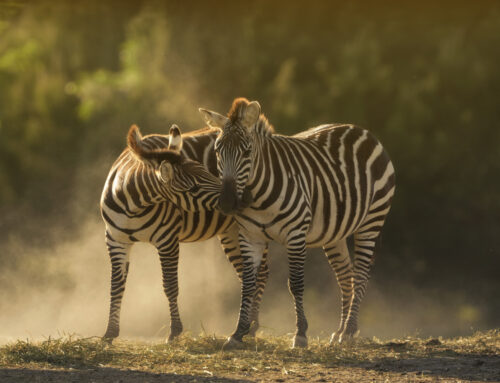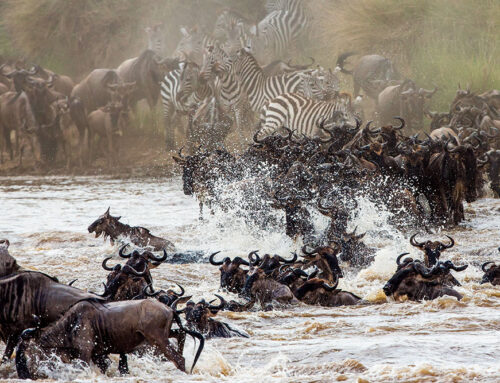Tanzania is facing a water crisis and the effects will span generations. Conservation in Tanzania is slowly rising to meet the crisis but resources and infrastructure are limited. Only half of the population has access to safe drinking water and sanitation availability stands at 34%. As one of Africa’s fastest growing economies, conservation in Tanzania is critical for future economic growth. Lack of clean water can not only impact the economy, but it can also limit tourism in Tanzania and put wildlife in danger.
Efforts by the government of Tanzania date back as far as 1971. A program called The Reform of Water Sector in Tanzania was funded until the early 90s but ultimately failed due to corruption, lack of money and other factors. The aim was to alleviate the long distances women and girls are walking by placing a source within 400 meters of every home. Access to clean water isn’t the only issue facing the arid nation. Many water supplies are polluted mostly with persistent organic compounds and fertilizer runoff.
The statistics are alarming;
- 26 million people lack clean water.
- 8 in 10 people don’t have a toilet.
- 3,394 children die each year from waterborne illness.
Renewed government efforts are focusing on providing clean water to the population by 2020. Charities and business interests are also working the problem. Tanzania has vast quantities of underground water. The rainfall is abundant but seasonal causing open sources to wax and wane. Some of the most effective efforts model rural water supplies in developed nations, i.e. well drilling and small-scale septic systems.
With economic growth come demands on resources such as water. The Great Ruaha River flowed during the dry seasons until 1993. Since then, the wildlife and farms relying on this source of water for irrigation have been forced to relocate. The water is not only diverted but is also polluted. Efforts by The African Wildlife Foundation, among others, center on developing testing regimes, infrastructure and policy changes to protect the resource. Ultimately, in order to ensure economic growth and clean water for natural conservation, alternative supplies such as ground water must be utilized.
The crisis is a real tragedy in the making but also represents opportunity. The need for water is fundamental just like the necessity for electricity, sanitation and all the other economic cornerstones. If the government can leverage the benefits from a growing economy by clamping down on corruption and minimizing red tape, the nation can be transformed by market forces. All the forces for conservation in Tanzania are ready to propel the economy into a bright future for all.
Click the button below to talk to one of our Safari Specialists!
Recent Posts
Tanzania is facing a water crisis and the effects will span generations. Conservation in Tanzania is slowly rising to meet the crisis but resources and infrastructure are limited. Only half of the population has access to safe drinking water and sanitation availability stands at 34%. As one of Africa’s fastest growing economies, conservation in Tanzania is critical for future economic growth. Lack of clean water can not only impact the economy, but it can also limit tourism in Tanzania and put wildlife in danger.
Efforts by the government of Tanzania date back as far as 1971. A program called The Reform of Water Sector in Tanzania was funded until the early 90s but ultimately failed due to corruption, lack of money and other factors. The aim was to alleviate the long distances women and girls are walking by placing a source within 400 meters of every home. Access to clean water isn’t the only issue facing the arid nation. Many water supplies are polluted mostly with persistent organic compounds and fertilizer runoff.
The statistics are alarming;
- 26 million people lack clean water.
- 8 in 10 people don’t have a toilet.
- 3,394 children die each year from waterborne illness.
Renewed government efforts are focusing on providing clean water to the population by 2020. Charities and business interests are also working the problem. Tanzania has vast quantities of underground water. The rainfall is abundant but seasonal causing open sources to wax and wane. Some of the most effective efforts model rural water supplies in developed nations, i.e. well drilling and small-scale septic systems.
With economic growth come demands on resources such as water. The Great Ruaha River flowed during the dry seasons until 1993. Since then, the wildlife and farms relying on this source of water for irrigation have been forced to relocate. The water is not only diverted but is also polluted. Efforts by The African Wildlife Foundation, among others, center on developing testing regimes, infrastructure and policy changes to protect the resource. Ultimately, in order to ensure economic growth and clean water for natural conservation, alternative supplies such as ground water must be utilized.
The crisis is a real tragedy in the making but also represents opportunity. The need for water is fundamental just like the necessity for electricity, sanitation and all the other economic cornerstones. If the government can leverage the benefits from a growing economy by clamping down on corruption and minimizing red tape, the nation can be transformed by market forces. All the forces for conservation in Tanzania are ready to propel the economy into a bright future for all.


